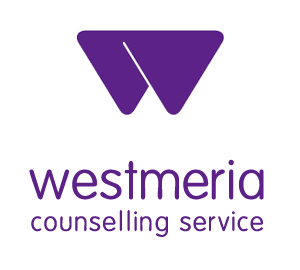Getting help and support can often be the first step towards getting and staying well. It’s not always easy, especially when you are feeling low. It is important to remember that you are not alone and that you deserve support.
Reasons that you might want to get help:
- Feeling anxious and worrying more than usual
- Having difficulties in coping with day to day life
- Changes in your mood
- Grief
- Lack in self-confidences
How do you go about getting help:
- Talk to someone you trust about how you are feeling, this maybe a family member or friend.
- Research any national or local charities who can offer support such as helplines and listening services. They can often point you in the right direction.
- For some people, they start by going to see their G.P. They can offer support and talk through treatment options such as medication and counselling. They can also refer you, if necessary, to a mental health specialist and recommend local support options. Remember that your G.P. is there to help, not just with your physical health but also with your mental health.
You can self-refer by contacting your local NHS psychological therapies (IAPT) service, or by emailing or calling a counselling service in your area. You could check if there is a therapist at you place of work or education, or seek out a therapist privately. If you do decide to explore a private therapist, it is important to use a reliable web site who only list therapists who are registered with a professional body.
If you decided to seek help through counselling:
Embarking on counselling: An Example of what to expect at Westmeria Counselling Services: First Step
On making that first very difficult phone call or email you will be greeted by a caring ,kind member of staff. They will answer any questions you may have. If you decide to go ahead with counselling you will be booked in for an assessment which will last for 50 minutes.
This will be with one of our counsellors who are all members of the counselling governing body BACP. During your assessment you will be able to explain what has brought you to seek support, discuss your main concerns, ask any questions you have and look at what possible changes you may expect to gain from have counselling. You will be asked general questions regarding your past mental health issues, any medication you may be taking now or have taken in the past. The counsellor will also ask about your family history, relationships, and any past and present difficulties in your life.
In order to safeguard working together, your counsellor will talk you through a contract. This is a mutual agreement between you and the counsellor. It covers areas such as confidentiality, time, and duration of sessions. Donation towards sessions and cancellation policy.
On making that first step it is very important that you feel comfortable talking to your counsellor. Feel that you will be able to work together, build a trusting relationship that will support you in looking at and dealing with your problems.
Embarking upon therapy can be a very rewarding experience. If you are struggling, then maybe it is time to give it a try.
Some Helpline numbers:
Telephone: 116 123 (24 hours a day, free to call)
Email: jo@samaritans.org
Website: https://www.samaritans.org
Telephone: 0300 123 3393 (9am-6pm Monday to Friday)
Email: info@mind.org.uk
Website: www.mind.org.uk/information-support/helplines
Telephone: 07984 967 708 leave your first name and number and they will call you
Website: www.sane.org.uk/what_we_do/support/helpline
Rethink Mental Illness Advice Line
Telephone: 0300 5000 927 (9.30am – 4pm Monday to Friday)
Email: advice@rethink.org
Website: http://www.rethink.org/about-us/our-mental-health-advice
Marie Wright









